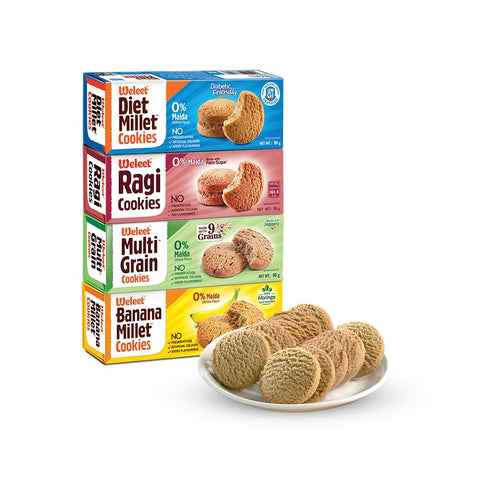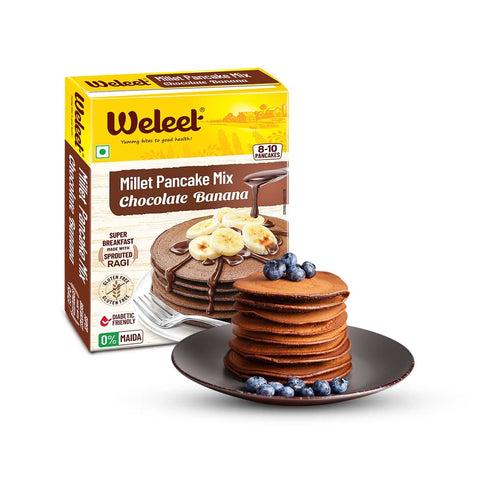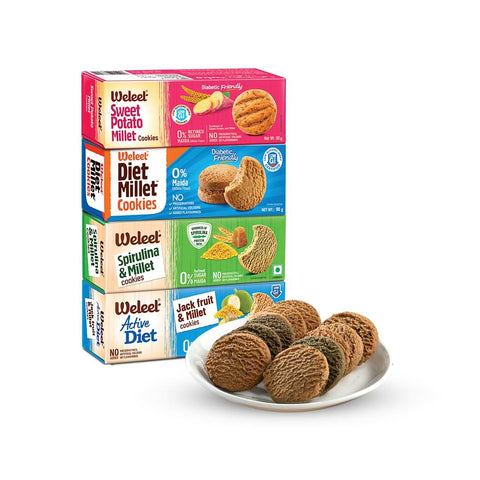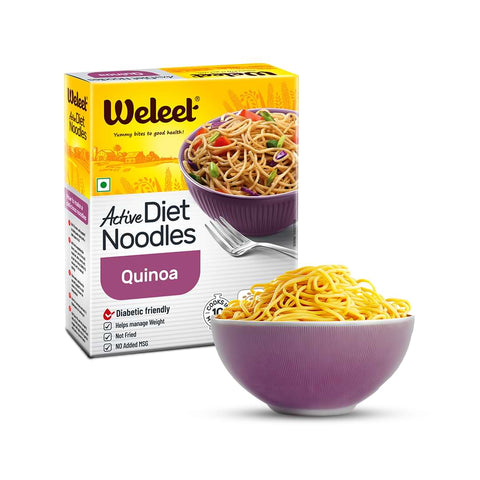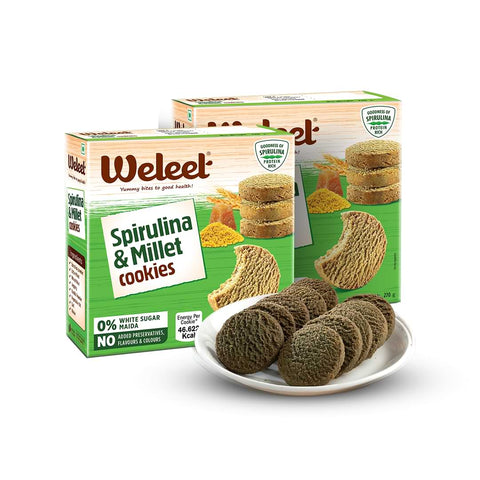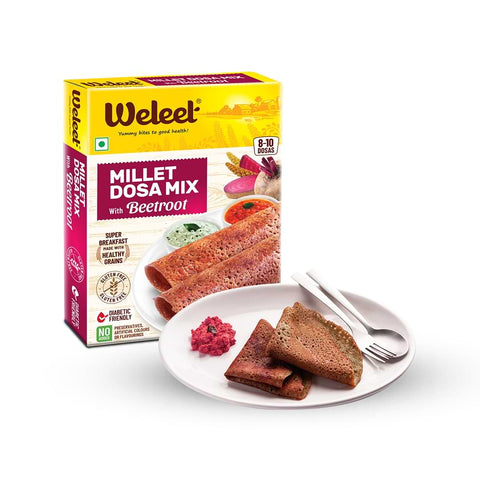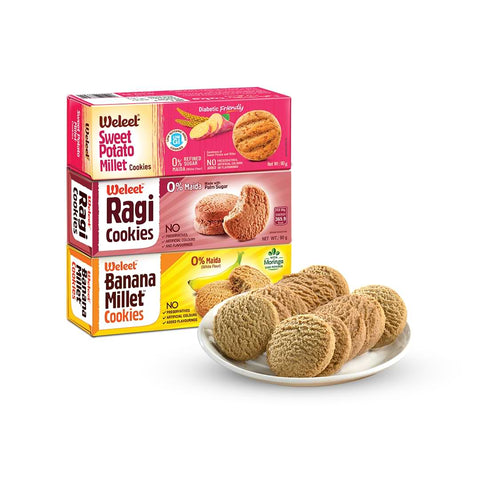Sugar. It’s everywhere. From sweet sodas and decadent desserts to hidden sugars in processed foods, it’s no secret that our society has a serious sugar addiction. But what many people don’t realize is the true dangers of consuming too much sugar. There are many diabetic friendly products which don’t use refined white sugar, but still taste better.
First and foremost, excessive sugar consumption can lead to weight gain and obesity. When we consume sugary foods and beverages, our bodies convert that sugar into fat, leading to unwanted weight. Moreover, a high-sugar diet has been linked to an increased risk of chronic diseases such as diabetes, heart disease, and even certain types of cancer.
Another danger of sugar consumption is its impact on our mental health. Studies have shown that a diet high in sugar can cause mood swings, anxiety, and even depression. Sugar affects the neurotransmitters in our brain, leading to these negative emotional effects.
Children are particularly vulnerable to the dangers of excessive sugar consumption. With the abundance of sugary snacks and drinks marketed towards kids, it’s no wonder that childhood obesity rates are on the rise. Not only can too much sugar lead to weight problems, but it can also affect their behaviour, concentration, and learning abilities. Try to consume diabetic friendly food products without compromising any taste.
By educating ourselves and making smarter choices, we can protect ourselves and our loved ones from the dangerous effects of excessive sugar consumption. It’s time to break free from our sugar addiction and embrace a healthier, sweeter life.
How much sugar is there in the products we eat?
Convenience often takes precedence over health. We often find ourselves reaching for pre-packaged foods, unaware of the hidden sugars they contain. For health-conscious individuals, it is important to be aware of the average amount of added sugar in some of the products we consume on a regular basis.
Breakfast cereals, for example, can be a significant source of added sugar. Some popular brands contain up to 20 grams of sugar per serving! Similarly, flavored yoghurts can pack a sugary punch, with some containing as much as 30 grams per cup. Snack bars, often marketed as healthy options, can be deceiving. Some granola bars can contain up to 15 grams of sugar, making them more like a candy bar than a nutritious snack.
Energy drinks and soft drinks are also notorious for their high sugar content. A standard 12-ounce can of soda can contain around 40 grams of sugar. Condiments such as ketchup and barbecue sauce may add flavour to our meals, but they can also add a significant amount of sugar. A single tablespoon of ketchup can contain up to 4 grams of sugar, while a tablespoon of barbecue sauce may contain around 6 grams.
Being aware of the average amount of added sugar in these products can help us make more informed choices.
Facts about Sugar
Being aware of the impact of sugar on our well-being is more critical than ever. The emphasis on health and wellness has driven a significant change in the way nutritional information is presented. Thanks to increased awareness, food manufacturers are now required to provide transparent and accessible details about the content of their products. We can take advantage of this by carefully examining the nutrition facts label on the packaging. Always buy products with a sugar content of 5% or less. Anything above 20% is considered high sugar and should be limited in consumption.
How to check if you are consuming added sugars?
One of the first steps in curbing added sugar intake is becoming adept at reading food labels. Manufacturers often use different terms for sugar, making it essential to look beyond the obvious. Keep an eye out for terms like sucrose, high fructose corn syrup, agave nectar, and other covert aliases for sugar. While it’s common to focus on the “sugar” line in the nutrition facts, it’s equally crucial to scrutinize the ingredient list for any hidden sweeteners.
Brands are savvy in marketing, and they often use these terms strategically to create an illusion of healthiness. The key is to be discerning and not fall prey to marketing gimmicks. Look past the buzzwords and delve into the nutritional details before making your purchase.
Here are some of the common words used by brands to make it look like it’s a healthy alternative.
No Added Sugars:
This term can be misleading because it doesn’t necessarily mean the product is sugar-free. Natural sugars may still be present, and the overall carbohydrate content could be high. Always cross-reference with the nutrition facts to get a comprehensive view.
Less Sugar:
“Less” is a relative term. What is it less compared to? Check the percentage decrease and compare it to the original product to make an informed decision.
Low Carb:
While low-carb diets have gained popularity, some products labelled as “low carb” may compensate by adding artificial sweeteners, which may have their own set of concerns. Evaluate the overall nutritional profile.
Organic:
While organic products are generally associated with health, it’s essential to remember that organic sugar is still sugar. The term “organic” primarily refers to the farming methods and doesn’t imply a lower sugar content.
A Sweet Summery
The journey to better health often begins with a conscious effort to reduce or eliminate added sugar from our diets. Acknowledging personal weaknesses, such as succumbing to the temptation of office candy bowls or indulging in leftover birthday cake, is the first step toward positive change. For many of us, a significant area to address is sugary beverages. Starting with a reduction in sodas and sweetened drinks, opting for unsweetened coffees and teas, and being mindful of portion sizes can pave the way for a healthier lifestyle.
Instead of adding white sugar to your foods, try to include diabetic friendly products to your diet, remember that your journey is not only a personal triumph but also an inspiration for others. We invite you to share your insights and tips, contributing to a supportive community striving for improved health and well-being.




